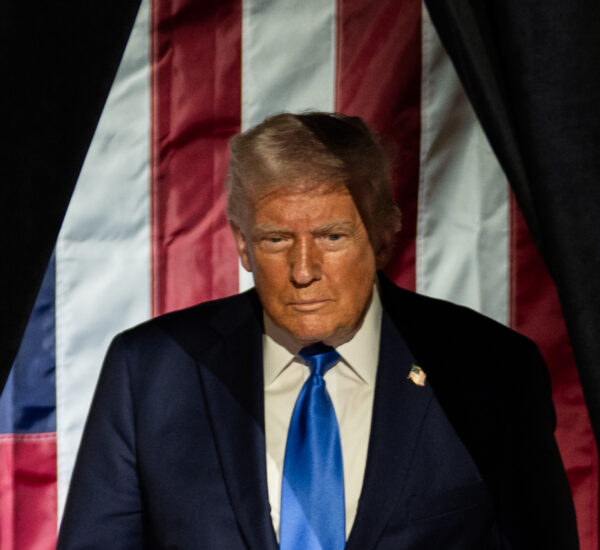Pence Voting For Biden In 2024?
Pence has angered a lot of Republicans.
In a recent exclusive interview with Martha MacCallum on Fox News, former Vice President Mike Pence made a profound statement, signaling a significant departure from his past political alliances. Pence openly declared his decision not to endorse Donald Trump for the upcoming 2024 presidential election. This announcement not only underscores the notable divide between the two individuals since their departure from office but also reflects a broader divergence within the Republican Party.
Pence, who embarked on his own presidential campaign in 2024, took the opportunity to reflect on the achievements of their administration during the interview, emphasizing its conservative accomplishments that contributed to the prosperity and security of America. However, amidst the accolades, Pence was unambiguous in delineating fundamental disparities between him and President Trump on a number of policy issues during his own bid for the presidency.
As the very likely Republican nominee for the November election, Trump’s candidacy sets the stage for a potential rematch with President Biden. However, Pence’s decision not to endorse Trump is emblematic of a growing schism within the Republican Party, where differing ideological factions vie for dominance.
Pence’s refusal to endorse Trump is not solely rooted in political differences but also in a principled stance regarding the handling of the 2020 election results, particularly the tumultuous events of January 6, 2021. Beyond this pivotal moment, Pence highlighted broader ideological disparities, including fiscal responsibility, abortion policies, and the administration’s approach to issues such as the TikTok ban.
Despite his decision not to endorse Trump, Pence clarified that he does not intend to lend his support to President Biden either, underscoring his commitment to conservative principles while refraining from aligning with either major party candidate.
Throughout their tenure in the White House, Pence remained a strong supporter of Trump. However, his vocal criticism of Trump during the 2024 Republican primary campaign marked a significant departure from his previous role as a loyal lieutenant. Pence’s warnings against embracing populist tendencies within the Republican Party and his questioning of Trump’s commitment to conservative principles signaled a broader reckoning within the party.
Pence’s choice to not endorse Trump aligns him with other previous challengers like Chris Christie as well as Nikki Haley, who have also refrained from endorsing the former president. Meanwhile, several former rivals, including Tim Scott, Ron DeSantis, Doug Burgum, and Vivek Ramaswamy, have chosen to endorse Trump, highlighting the deep divisions within the Republican Party.
Beyond the realm of endorsements, Pence’s recent announcement regarding his advocacy group’s $20 million initiative underscores his ongoing commitment to advancing conservative principles. This initiative aims to shape the conservative agenda and support like-minded candidates, reflecting Pence’s determination to remain actively engaged in shaping the future of the Republican Party.
As the 2024 election cycle unfolds, Pence’s decision not to endorse Trump serves as a poignant reminder of the evolving dynamics within the Republican Party and the broader conservative movement. With competing visions and divergent priorities, the GOP finds itself at a crossroads, navigating a path forward that reconciles its ideological differences while maintaining its electoral viability in an ever-changing political landscape.





